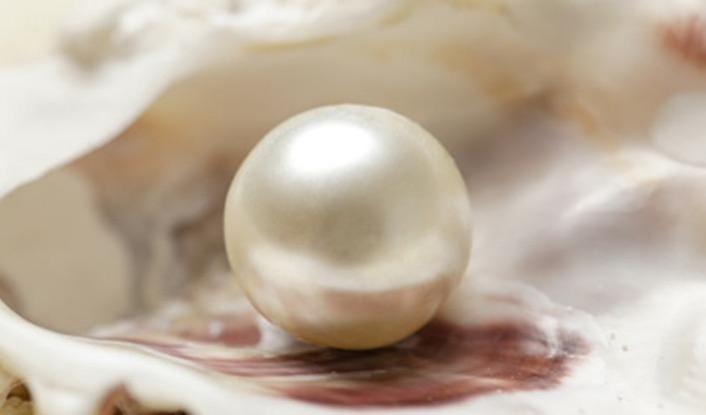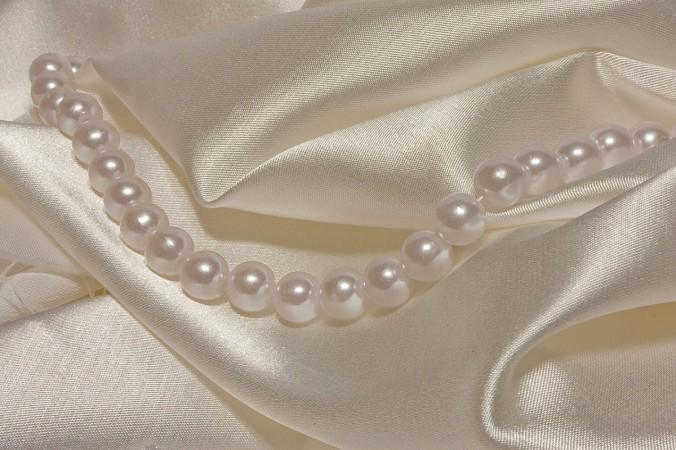The discovery of the oldest known natural pearl bead in Qatar has yet again shone the spotlight on the pearl-diving history of the peninsular country that is on its toes as the host of the upcoming FIFA 2022 World Cup to be played about eight months later.
A local excavation mission led by Ferhan Sakal, Head of Excavation and Site Management at Qatar Museums, dug out the oldest known natural pearl bead in Qatar, corresponding to the earliest human settlements on the peninsula.
Dated to 4600 BCE, the bead was found within a grave at Wadi Al Debayan, one of the country's oldest Neolithic sites.
Until oil was discovered on the peninsula close to 1940, fishing for pearls was the mainstay of the local population. People went on months-long voyages on wooden boats known as 'dhows' and would dive into the sea without oxygen tanks or diving suits to bring up oysters that would be later opened up to yield natural pearls. One might have to open scores or even hundreds of oysters to find one which has a pearl.
"Our team has unearthed a find of considerable historic and sociological importance, pointing us to the first traceable origins of Qatar's human settlements and their use of the locally-occurring pearl enclaves," Faisal Abdulla Al-Naimi, Director of Archaeology at Qatar Museums, said.

"With each new remnant of Qatar's past that comes to light, we gain a clearer understanding of and appreciation for our religious history and identity, which ultimately inform our aspirations for a sustainable future."
The recently discovered grave points to the earliest known evidence of Qatar's antique pearl diving industry, which over centuries formed the center of trade and economic influx to the country.
It also offers new insights into the early civilizations occupying the peninsula, including prevalent social structures and wealth distribution.
Located a few kilometers south of Al Zubarah on Qatar's northwest coastline, Wadi Al Debayan has yielded several important archaeological finds over the years with pottery originating from the Ubaid period (ca. 6500 to 3800 BCE) of South Mesopotamia (modern Iraq), obsidian from Anatolia (modern Turkey) and further burial sites among the ancient remnants.

Wadi Al Debayan falls under Qatar Museums' conservation and outreach scope. Through its year-round excavations and fieldwork, Qatar Museums aims to preserve and document Qatar's heritage through the epochs, and to construct a link between modern communities and their past.
The Wadi Al Debayan Neolithic cemetery was excavated as part of the National Priority Research Programme "Human Populations and Demographics in Qatar from the Neolithic to the late Iron Age" led by Sidra Medicine and funded by the Qatar National Research Fund.

















